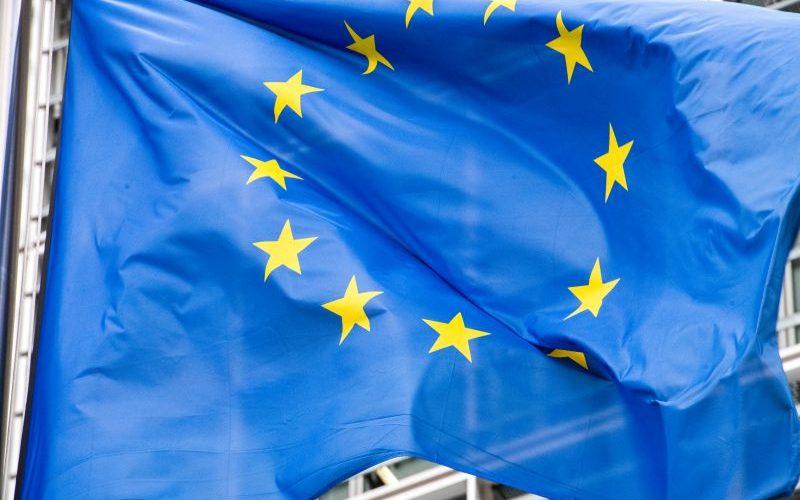The European Commission is considering allowing international carbon credits to count towards the EU’s 2040 climate target, a move that could dilute the emissions reductions required from domestic industries, according to sources familiar with the discussions.
The proposal is among several options being explored by EU Climate Commissioner Wopke Hoekstra, amid growing resistance from some member states and lawmakers to a proposed 90% emissions cut by 2040. The Commission had originally planned to publish the 2040 target last month but missed the deadline, as climate policy faces increased competition from other priorities such as defence.
According to sources, the Commission is contemplating a dual approach: setting a domestic emissions reduction target below 90%, and permitting member states to use international carbon credits to meet the remainder. These credits would be purchased from overseas projects, such as forest restoration efforts in countries like Brazil.
The consideration marks a potential reversal in EU climate policy. Until now, the bloc’s climate goals have relied solely on domestic action, and the EU banned the use of international credits in its carbon market in 2013 after a flood of low-quality credits undermined carbon prices.
A spokesperson for the European Commission declined to comment on the inclusion of international credits in the 2040 target. However, Hoekstra last week reiterated that a 90% cut remains the Commission’s “starting point” for discussions, with a formal proposal expected before summer. He added, “We are sensitive to requests for a bit of pragmatism,” but did not confirm whether international credits were under consideration.
The 2040 target must be approved by EU member states and the European Parliament.
The potential shift has raised concerns about the credibility of such credits. Linda Kalcher, executive director of think tank Strategic Perspectives, warned of the risks: “The list of scandals linked to international credits is long—fraud, lack of environmental integrity, and the drastic collapse of the EU carbon price.”
International efforts under the United Nations are underway to establish stricter safeguards for carbon credit trading, aimed at ensuring that the claimed climate benefits are genuine and verifiable.
Some argue that the move could serve diplomatic purposes by boosting climate finance in developing countries, thereby strengthening the EU’s negotiating position. “In my opinion, the countries at the other end of the negotiations would welcome this, because they are badly in need of climate finance,” said Andrei Marcu, executive director of the ERCST think tank.














